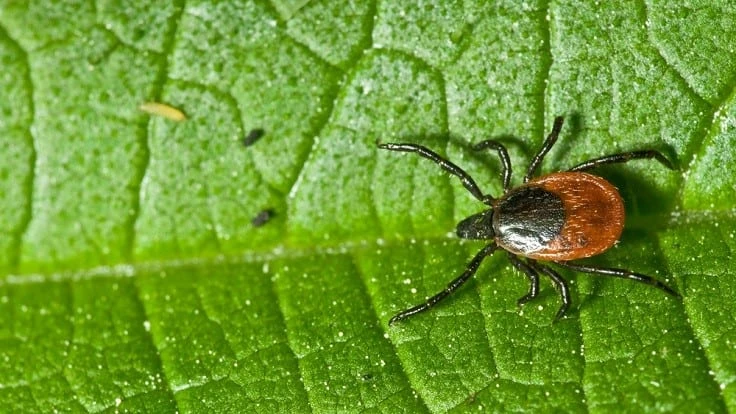
Dreamstime
For scientists and clinicians alike, one of the Holy Grails for successfully treating and curing Lyme disease is developing tests that identify the disease sooner, show when people are cured of infection, and can diagnose reinfection.
Now, researchers at Tufts University School of Medicine say they have identified just such a testing mechanism. It detects a type of antibody that infected individuals produce against a substance the Lyme bacteria acquires from the host in order to grow. The researchers believe tests to detect these autoantibodies – antibodies that mistakenly target and react with a person's own tissues or organs – could provide clinicians with a way to diagnose the disease sooner, know whether treatment with antibiotics is working, and identify patients who have been reinfected.
Authors of the study, published today by the Journal of Clinical Investigation, are Peter Gwynne, Luke Clendenen, and Linden Hu of the school’s Department of Molecular Biology and Microbiology, and colleagues at the National Institute of Allergy and Infectious Diseases at the National Institutes of Health (NIH).
Click here to read the entire article.
Source: Tufts University
Latest from Pest Control Technology
- Donny Oswalt Shares What Makes Termites a 'Tricky' Pest
- Study Finds Fecal Tests Can Reveal Active Termite Infestations
- Peachtree Pest Control Partners with Local Nonprofits to Fight Food Insecurity
- Allergy Technologies, PHA Expand ATAHC Complete Program to Protect 8,500 Homes
- Housecall Pro Hosts '25 Winter Summit Featuring Mike Rowe
- Advanced Education
- Spotted Lanternflies, BMSBs Most Problematic Invasive Pests, Poll Finds
- Ecolab Acquires Guardian Pest Solutions





